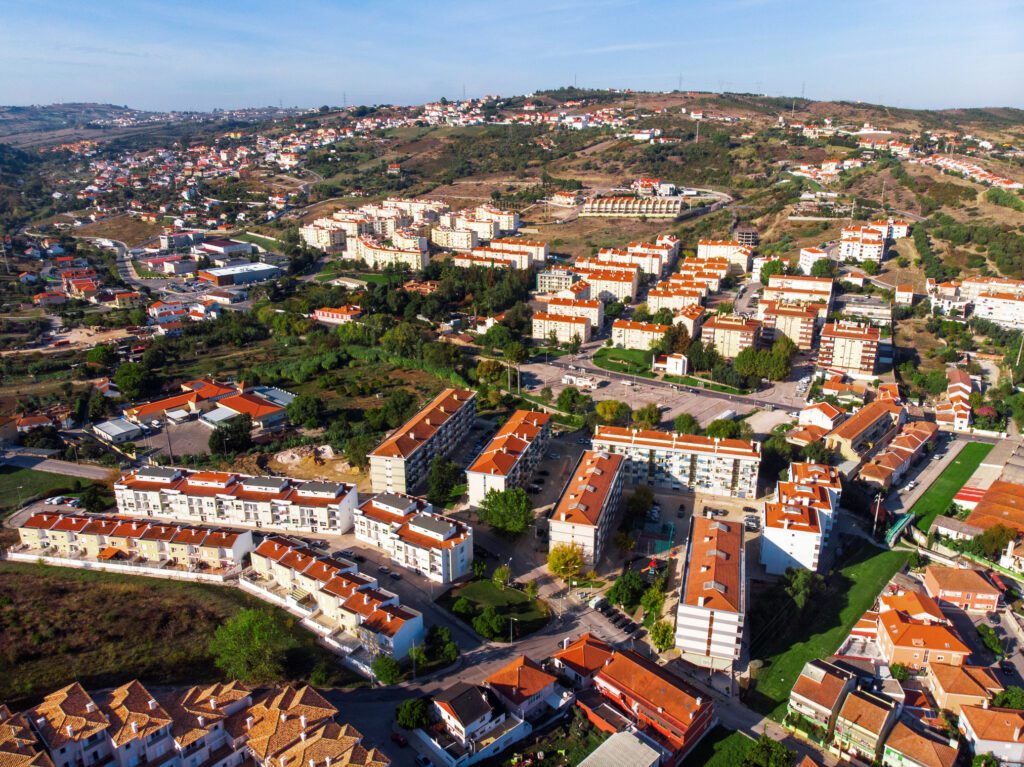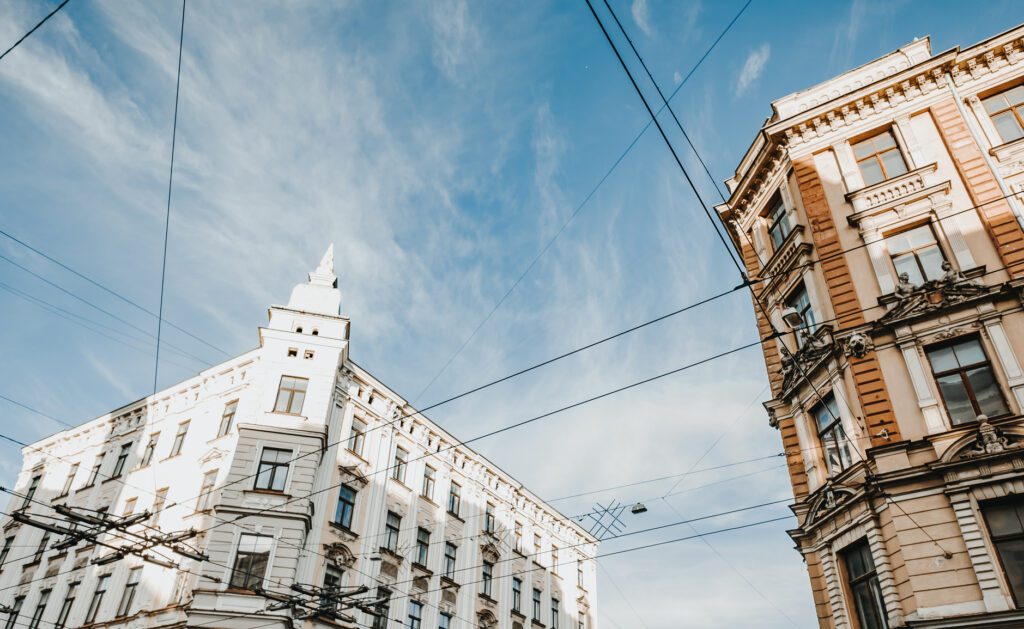
How to Avoid Scams When Buying Property in Portugal: What You Need to Know
Buying a property in Portugal can be an excellent opportunity, but, as in any real estate market, there are pitfalls that can cause you to pay much more than the fair value.
Foreigners who don’t know the Portuguese market well often end up buying overpriced properties or properties in areas with lower prices, simply because they don’t have reliable advice.
In this article, we’ll look at the main factors to consider when buying a property in Portugal, in order to ensure that you make a safe and advantageous investment.

1 Location: Choose carefully
Location is one of the most important factors to consider when buying a property. Here are some key points:
- Proximity to services: Check that the property is close to schools, hospitals, supermarkets, public transport and other essential infrastructure that you judge to be an asset to your investment.
- Future appreciation: Developing areas tend to see real estate appreciation over the years. Find out if there are any expansion plans or urban improvements that could have an impact on appreciation.
- Accessibility: Make sure the property is easily accessible, close to main roads, airports or public transport, which makes everyday life easier and also increases its attractiveness to future buyers or tenants. If it’s not close to the metro or train, check if there is a project under discussion for the area near the property.
- Price per square meter: A good practice is to compare the price of the property with the average price per square meter in the region, available on sites such as Idealista.
2. Type of Property: New or Used?
The decision between buying a new or used property has a direct impact on maintenance costs and the purchase price.
- New property: New properties usually have fewer structural problems and offer construction guarantees, which can be a plus in terms of peace of mind and lower maintenance costs.
- Used property: Older properties can be cheaper, but you must take into account the possible cost of renovations in the short, medium and long term. In some cases, the potential for appreciation may be greater after a well-done renovation, but you should assess your real economic and management conditions for carrying out work in a foreign country that is often unfamiliar to professionals.
3. Price and Financing: Don’t fall into traps
The price of the property is one of the main factors that lead foreigners to overpay for real estate. Here’s how to avoid paying above market value:
- Fair price: Compare the price with other similar properties in the area to ensure you’re not paying more than you need to.
- Financing conditions: It is essential to check the financing conditions offered by banks, such as interest rates, terms and general credit conditions. Pre-approval for financing can make the process easier and make you more comfortable negotiating and making purchase offers. Also take into account that, in the case of financing, the bank will also appraise the property and the amount to be lent will be based on the sale value and the value of the bank appraisal, whichever is lower, having a direct impact on the conditions for granting credit.
- Total purchase cost: In addition to the price of the property, take into account taxes (such as IMT and Stamp Duty), notary fees and the cost of the deed. The purpose of the property purchase also has an impact. You have to decide whether it will be for your own home or for investment (secondary housing). This decision has impacts in terms of taxation and the availability of the property for future rental plans or exploitation as local accommodation. Be very clear about this so that your decision is truly assertive.
4. State of the Real Estate Market
Understanding the current state of the Portuguese real estate market can help you make a more informed decision.
- Market cycle: Portugal, like any other country, experiences cycles of ups and downs in the real estate market. Investing during an upswing can result in a higher price, but the long-term appreciation can pay off.
- Occupancy rates: If your goal is to rent out the property, check the demand for rentals in the region. Cities like Lisbon and Porto are in high demand, but other regions may not offer the same potential return.
5. Documentation and legality
Avoid legal problems by checking the property’s documentation in advance:
- Licenses and permits: Make sure that the property has all the necessary licenses, such as a housing license and building permit, as well as that the entire area of the property complies with the land registry.
- Legal charges: Check whether the property has any mortgages or other debts associated with it. A specialized lawyer can help you carry out this check safely.
6. Potential for Appreciation and Profitability
A property can be a good long-term investment, but it is crucial to understand its potential for appreciation and profitability.
- Future appreciation: Research the area’s history of appreciation and future projections. Areas undergoing development or urban redevelopment tend to appreciate more quickly.
- Profitability: If the aim is to rent, make precise calculations of net profitability, taking into account all costs such as maintenance, taxes and any vacancy periods.
7. Tax regime: Beware of capital gains
The tax regime in Portugal can offer benefits, but there are also taxes and charges that you should be aware of:
- Taxes: IMT (Municipal Transfer Tax) and Stamp Duty are some of the taxes you should consider. You should also find out about tax exemptions or reductions, such as IMI (Municipal Property Tax).
- Capital gains: If the property is purchased for investment purposes, capital gains, i.e. profits on the sale of the property, are subject to taxation. Be aware of the specific rules for owner-occupied and secondary dwellings, as well as the possible transitions between these types of category.
8. Property Condition: Carry out a Technical Inspection
Before closing any deal, it is advisable to hire a technical inspector who can assess the condition of the property:
- Installations and structures: Check the state of the electrical installations, plumbing and structure of the property, especially if it is an old building.
- Maintenance costs: Older properties may have higher maintenance costs. Assess whether the current state of the property justifies the investment. Requesting a copy of the minutes of the condominium meeting to see if there are any plans for works and/or relevant condominium issues, as well as having access to the condominium’s reserve fund can help you have clear information about your investment.
9. Exit plan: Think about the future
Having a clear exit strategy is essential, especially if you are buying the property as an investment.
- Liquidity of the property: Assess how easy it will be to resell the property in the future, considering the demand for the area and the type of property.
- Long-term objectives: Define whether your objective is rapid appreciation, profitability through renting, or personal use with possible future resale.
10. Legal and contractual aspects
Contracts and legal documentation are a crucial part of the process of buying a property in Portugal.
- Promissory contract of sale: Carefully review all the terms, preferably with the help of a lawyer. This ensures that your interests are protected, binding the statements made by the parties, ensuring duties and rights.
- Public deed: The deed finalizes the transaction and must accurately reflect all the terms agreed between buyer and seller.

Final Thoughts: The Role of Legal Advice
Buying a property in Portugal can be an excellent opportunity, but it is essential that you have the support of reliable legal advice. A lawyer specializing in real estate law can ensure that the whole process is carried out legally and safely, helping you to avoid problems such as hidden charges, incomplete documentation or abusive conditions.
In addition, a lawyer can help review contracts, check for possible debts on the property and communicate with the Public Administration.
It is important to make sure that the professional you hire is registered with the Portuguese Bar Association, which ensures that they are legally qualified to practice in Portugal and represents an additional guarantee that your rights and personal data will be protected.
If you’re considering buying a property in Portugal, get in touch with us. We’re here to make sure your investment is safe, scam-free and legally protected.



